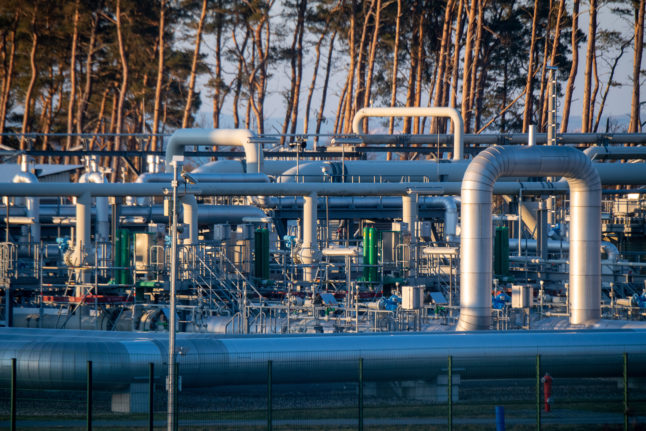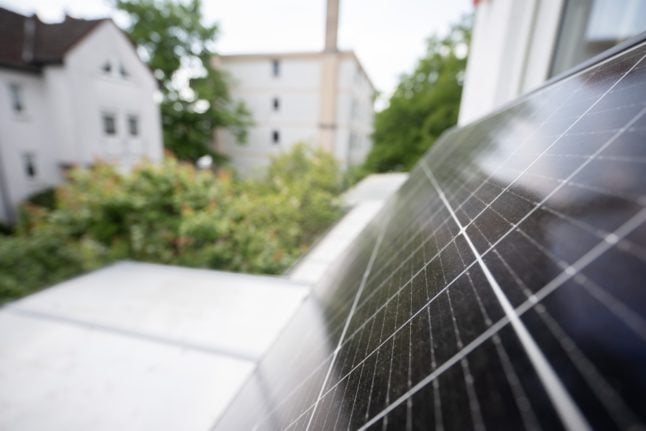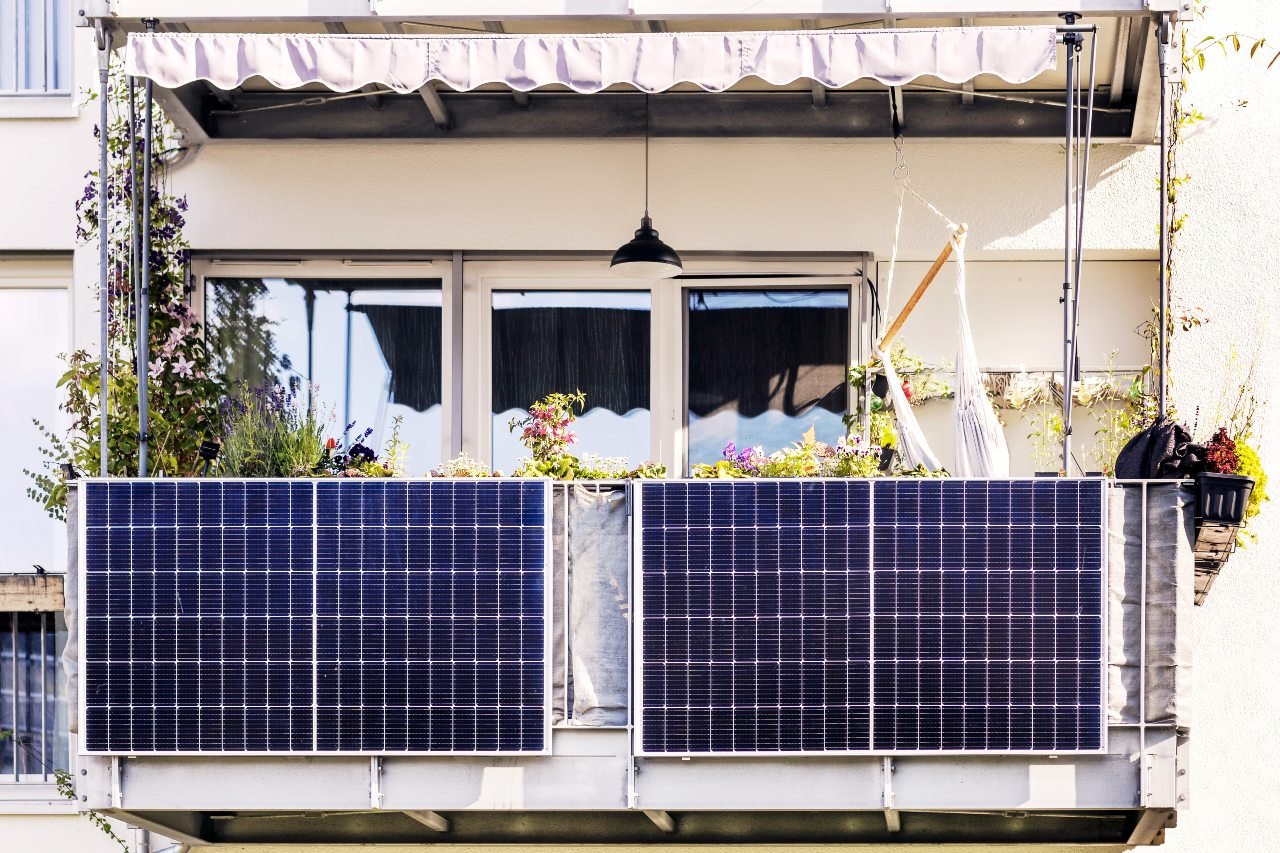Qatar is one of the world’s largest exporters of liquefied natural gas (LNG), which could play a crucial role in reducing Europe’s reliance on Russian energy.
Few countries are as dependent on Russian energy imports as Europe’s top economy Germany, which imported around 55 percent of its natural gas from Russia before Moscow’s invasion of Ukraine.
“On the one hand, we need more liquefied natural gas, temporarily and in the short term, and we want this to arrive at our own German terminals,” Habeck said in a statement before his departure.
“On the other hand, we must now speed up the transition from conventional natural gas to green hydrogen,” he added.
Qatar and the UAE are of “central importance” in achieving those goals, Habeck added.
READ ALSO: ‘Whatever it takes’: Calls grow for painful German blockade of Russian gas
The Green party economy minster, who also hold the energy and climate portfolios, will travel to Qatar on Saturday where he will meet with Sheikh Tamim bin Hamad Al-Thani, before visiting the UAE on Sunday for talks with several ministers.
Habeck already visited key gas exporter Norway and LNG supplier the United States earlier this month.
“I am convinced that the outcome of the discussions we’re having with Norway, the US, Canada, Qatar will lead us to…. more liquefied gas coming to Europe and Germany,” Habeck told broadcaster ARD.
Germany and Norway have also agreed to study the possibility of building a hydrogen pipeline between their countries.
Berlin has come under fire for opposing a Russian oil and gas boycott as part of sanctions against Moscow, fearing it could cripple the German economy and send sky-high energy prices soaring further.
Nevertheless Germany aims to end most Russian oil imports by the end of the year, but weaning itself off Russian gas will take longer.
READ ALSO: How will the Russian invasion affect Germany’s gas supplies and prices?




 Please whitelist us to continue reading.
Please whitelist us to continue reading.
Member comments